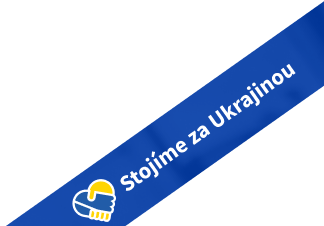In 1963 Karel Kosík published his path-breaking book Dialectics of the Concrete. It made an impact on both Marxist and non-Marxist thinkers, in Czechoslovakia and throughout the world. In this work Kosík set for himself an ambitious task – to re-think the basic concepts of the Marxist philosophical tradition and to employ them in the analysis of social reality. In the course of his analysis he touched on a wide array of issues that are still relevant today, including the problem of mystification or the "pseudo-concrete," the social role of art, the conception of reality as a concrete totality, the conception of the human being as an onto-formative being, the systematic connection between labour and temporality, the relationship between praxis and labour, and the explanatory power of the dialectical method.
We would like to explore Kosík´s seminal work in both breadth and depth. To that end, we welcome papers addressing the following topics:
• Kosík in dialogue with other thinkers, such as Hegel, Marx, Labriola, Gramsci, Lukács, Heidegger, Marcuse, Popper, Gonseth, and Weber.
• Kosík´s response to other currents of thought, especially phenomenology, structuralism, existentialism, critical theory, and positivism.
• Kosík's work in relation to other varieties of Marxist humanism.
• Dialectics of the Concrete in the context of Kosík´s overall philosophical œuvre.
• Dialectics of the Concrete and its influence on political theory, aesthetics, theology, cultural anthropology, sociology, pedagogy, and other fields.
• The reception and critique of Kosík´s Dialectics of the Concrete in different parts of the world, such as East-Central Europe; in Germany, Italy, Russia, and Scandinavia; the Anglophone, Francophone, Hispanophone, and Lusophone worlds; China, Japan, and other countries in Asia.
Papers addressing other topics related to Kosík's work are also welcome.


